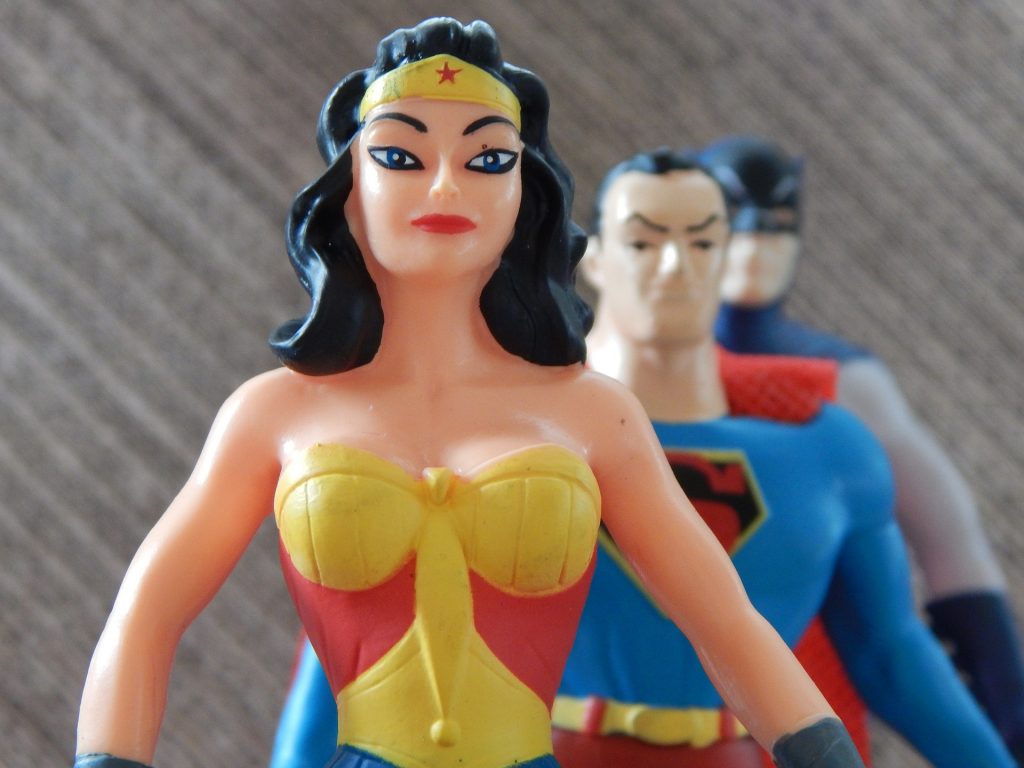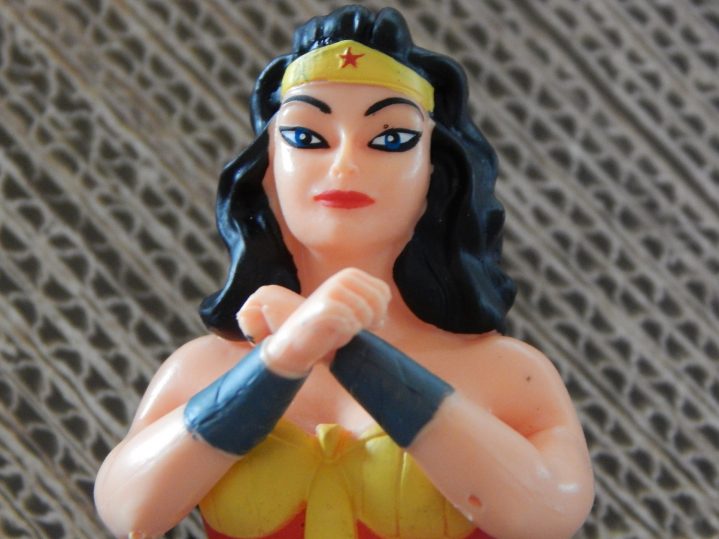We all know how our culture views ‘addicts’. Just watch television or movies — diseased, weak, immoral, impoverished, struggling, pathetic.
Well, I see us differently, especially those of us who keep trying to find the solution. To me, we are super heroes, and by the end of this article, see if you don’t agree.
I’m pretty smart, I think; not overly, but just enough. Yet, when I was actively drinking, I could do some pretty illogical (okay, stupid) things.
For example, I used to listen to my drinking buddies who’d jokingly say, “Never mess up a good buzz with a meal”. Ever hear that? Ever follow that advice? Not smart.
Yet, I did it often. In fact, I’m embarrassed to write this, but during the time when I was actively drinking, I regularly chose alcohol over food.
I drank instead of eating. Yet, I love food. I love cooking, eating, recipes, food presentation – all of it. Yes, I’m a foodie. Food is a joy of mine.
Nourishment is a basic survival need, right? So, how could I have given up my love, and overridden a survival instinct, for alcohol? That doesn’t sound normal or logical.
There was a time when alcohol was more important to me than eating food. This is not normal! Or is it?
As crazy and unhealthy as it sounds, I used to go for days eating very little, but drinking alcohol because alcohol had become more important to me than food. I remember when feeling hunger pangs, and a part of me knew I needed to eat, yet another part of me said, “You need a drink.” And as if on cue, I drank.
By the time I entered the last rehab, I was a good twenty pounds underweight, and I am not a big person to begin with. I wasn’t only unhealthily thin, but I seemed to be starving myself. Why? How did that happen? I’m a fairly smart person, remember?
Starving myself seems contrary to how we’re wired as a surviving species, doesn’t it?
I’ve always thought that certain survival instincts were hard-wired and dominant. The need for nourishment is an instinct, among others, which we couldn’t override. And thankfully so, otherwise, we would not survive. Yet there I was, consciously doing something I could potentially die from. What is that all about?
In a nutshell, what I’ve learned is how addiction effects brain chemistry, and subsequent behavior – especially when that behavior seems illogical and counterproductive to life itself. And while it doesn’t make sense at first glance, once you learn a little about how our brains work, it actually does make a lot of sense.
Note: For a more detailed account, view the documentary by Dr. Kevin McCauley called “Pleasure Unwoven” ( 2012).

Alcohol triggers the release of many brain chemicals. The important one for this discussion is dopamine – the chemical of pleasure and motivation. Dopamine comes from the same part of the brain where our instincts live – the older mid-brain, sometimes called the “first brain”.
The part of the brain impacted by alcohol is the “first brain” and where our instincts live.
Because this part of the brain is ancient, it operates more like an unconscious instinct. It assigns value to experiences, in a split second, based on a simple criterion: Does this feel good or bad? For this part of the brain, good equals survival; and bad means the opposite.
Consider this example: Neanderthal runs across a tasty new food source, dense in calories, hence valuable for survival, and the brain codes it as good. With subsequent encounters, the brain remembers it and reminds Neanderthal with dopamine, which says, “Go get that.” The first brain rewards her with pleasure each time, which solidifies the association, and the experience is reinforced time and time again. This is a simplified example, but it pretty much works the same way with alcohol.
Because alcohol causes so much dopamine to be released, the brain says “WOW! This must be very important to survival”, and assigns it a high value rating, based on the feeling.
In my brain, after doing that time and time again, alcohol climbed the hierarchy of human survival needs, and moved into a position higher than food. Again, unconsciously, of course.
Alcohol sometimes felt like survival to me – like an instinct. It’s almost like I had to have it!
Remember, this is the best thing we’ve ever felt, right? It’s a “high” like we’ve never known before. It makes us say, “Where have you been all my life?!” (It’s no coincidence that these are exactly the words many alcoholics use to describe their first encounter with alcohol. I’ve heard some alcoholics say it was like a spiritual experience.)
Excessive dopamine “tricks” your brain.
So, this flood of feel-good chemicals sort of “tricks” the older brain into moving this experience above others. It eventually moves alcohol ahead of food, sex, and personal safety, among other survival instincts.
And that’s why, in advanced stages of continued use, many of us forego eating, intimacy, and physical protection (we don’t take proper safety precautions, or we recklessly put ourselves in danger) for alcohol.
Now, on the outside, and from a modern perspective, this doesn’t make logical sense, does it? I know. I used to say to myself, “Lisa, alcohol cannot be more important than eating.” Yet, it did feel that way. I just didn’t understand why. Now, I do.
From a physiological standpoint, this is perfectly normal and how your brain is supposed to work.
There it is! There’s nothing wrong with us, even though and even when we’ve made seemingly illogical and disastrous decisions, even in the face of potentially very negative consequences.
Congratulations, ‘addict’*, you’re normal.
This is the mid-brain doing its thing. Does this make more sense to you now? I’m not saying it’s easy or even okay, I’m just saying, it’s the way we’re wired and now it’s understandable.
This information also explains why it’s so hard to quit this substance. We must overcome millions of years of evolution. A biological imperative built into our ancient brains must be interrupted and changed. Wow!
Enter: Our super hero.
To understand enough about what’s happening in the brain, and to be able to interrupt an ancient pattern, designed to keep an entire species on the course of survival, sounds super daunting, doesn’t it? (It’s actually easier than you think, but that’s another article.)
We are actually the ‘Super Humans’ among us, because we overcome ancient patterns of survival. Who knew?

So, in my book, those of us who do it are super humans! And that feels a lot better than being labeled “addicts”, defective, diseased, immoral, and weak-willed. See it now?
We are actually the strongest, most aware, most resilient, and resourceful among us! And all of that can be learned and cultivated.
It’s time for a new empowering view of yourself.
And this feeling, my Friend, is the very opposite of embarrassment, shame, frustration, and helplessness you feel when at the mercy of alcohol. Believe me, I know.
And here’s the real good news: because our brains are changing all the time, it’s possible to refocus that older part of the brain from alcohol to sobriety, when you know how. Stick with me, I’ll be your guide.
* I’m not a fan of the term ‘addict’, as I feel it is stigmatized in our modern society. I do use it here (taken out of cultural context with single apostrophes) for impact.

Recent Comments